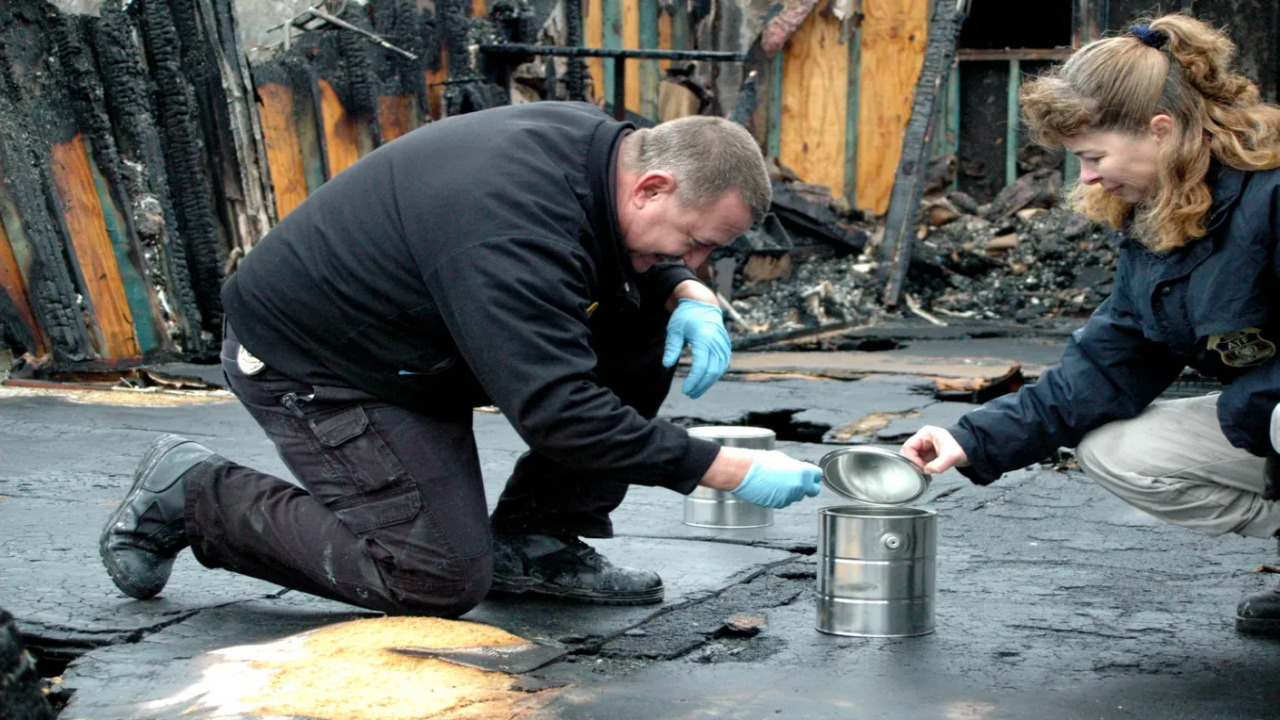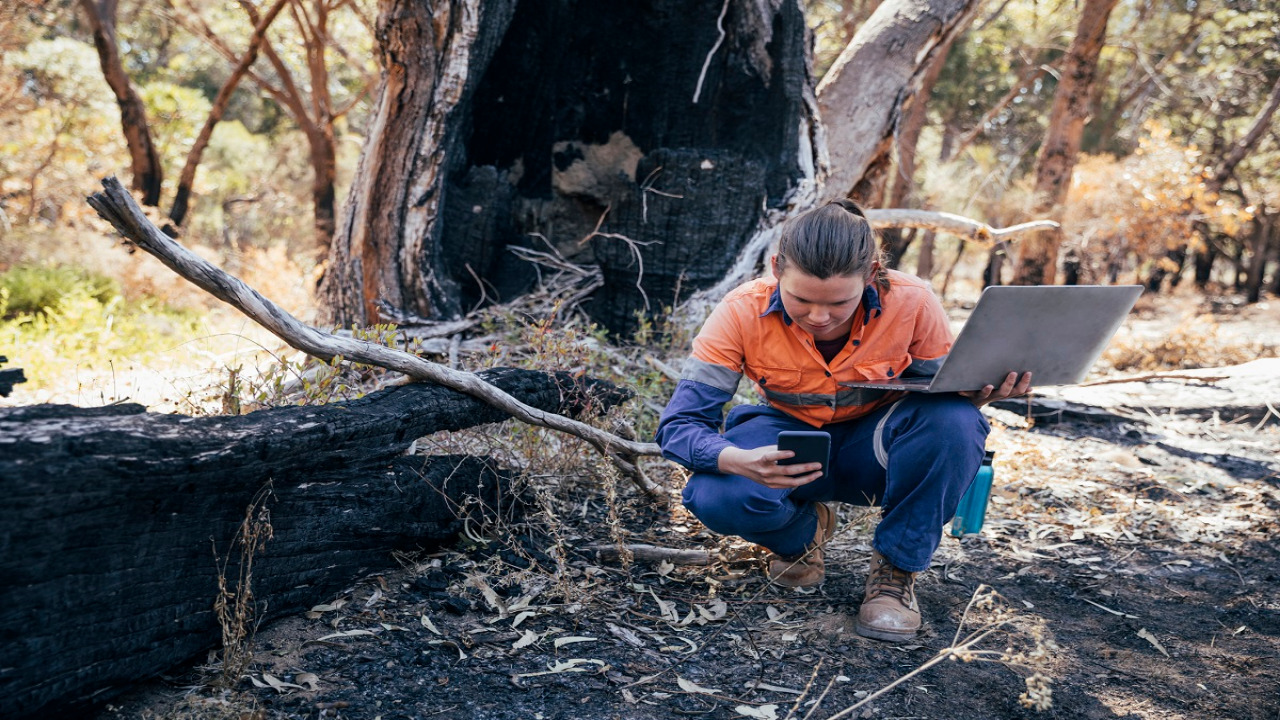If you have a passion for investigating fires and determining their causes, a career as an arson investigator may be a perfect fit for you. Arson investigators are responsible for determining the origin and cause of fires and collecting evidence to help prosecute the perpetrators. In order to become an arson investigator, you will need to have a strong understanding of fire science, as well as experience in law enforcement or criminal justice. Becoming an arson investigator can be a rewarding career choice for those who are passionate about solving arson cases. Arson investigators use a variety of investigative techniques to determine the cause and origin of fires. They often work with other law enforcement agencies to identify and prosecute those responsible for arson.
Surely you can just become a private investigator Brisbane, but If you love solving mysteries and you love the thrill of the chase, then arson investigation may be the career for you. As an arson investigator, you’ll be responsible for investigating fires that may have been deliberately set, and you’ll need to have a sharp eye for detail and a strong investigative skillset in order to solve the case.
What Is an Arson Investigator?

An arson investigator is someone who investigates fires to determine their cause. This can be done for insurance purposes, to assist in fire prevention, or to help solve a crime. Arson investigators typically have experience in firefighting and use their knowledge of fire behavior to help them determine the origin and cause of a fire.
Arson investigators must be able to identify and interpret the evidence left behind by a fire. This includes looking for patterns of burn damage, looking for signs of accelerants, and examining the remains of any devices that may have been used to start the fire. Arson investigators also interview witnesses and review surveillance footage to try to piece together what happened.
If you are interested in becoming an arson investigator, you will need to have experience in firefighting and a strong understanding of fire behavior. You will also need to be able to identify and interpret evidence and interview witnesses.
Arson Investigator Training

The job of an arson investigator is to help determine the cause of fires. They work with fire departments and insurance companies to investigate the scene of a fire and gather evidence. Arson investigators must have knowledge of fire science and investigation techniques. They also need to be able to identify and interpret various types of fire evidence.
There are several ways to become an arson investigator. Many states have certification programs that investigators can complete. Some fire departments also offer training programs. There are also many colleges and universities that offer fire science and investigation degrees.
Arson investigators must have strong communication and interpersonal skills. They need to be able to work with people from all walks of life, including witnesses, victims, and suspects. They also need to be able to work with other investigators and law enforcement personnel.
Arson Investigator Certification

In order to become an arson investigator, certification is not required, but it may give you an edge when applying for jobs. Many fire departments require at least an associate’s degree in fire science or a related field. Certification courses are available through the National Fire Academy, the International Association of Arson Investigators, and online.
The National Fire Academy’s Fire and Arson Investigator course is a five-day course that covers topics such as fire chemistry, fire behavior, fire origin, and cause determination and evidence collection. The International Association of Arson Investigators offers the Certified Fire Investigator credential, which requires completing an application, passing an exam, and meeting experience requirements.
Online certification courses are also available and typically last between four and eight weeks. These courses cover topics such as fire behavior, fire scene investigation, fire cause determination, and fire origin and cause determination.
